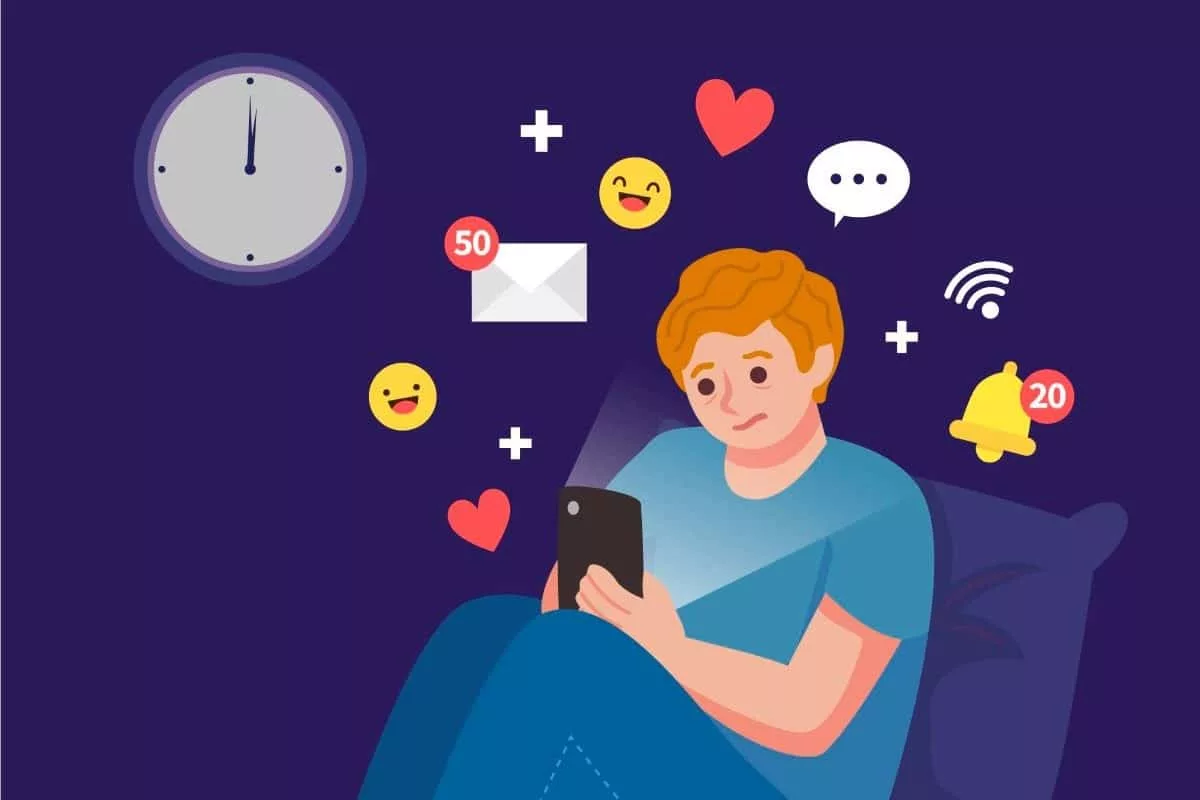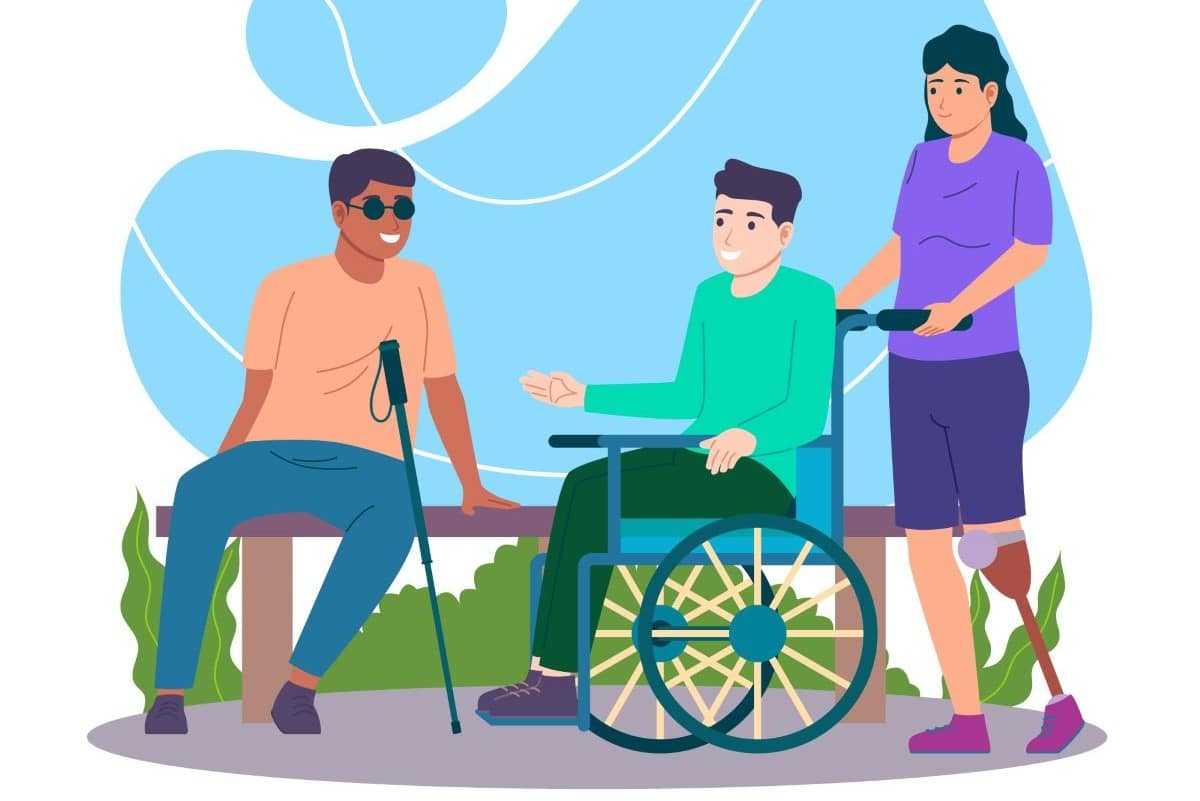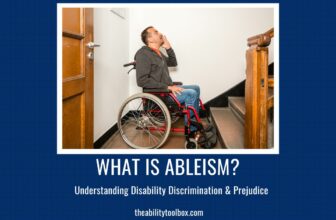
In the vast digital landscape of today's world, social media has become an inseparable part of our daily lives. Whether scrolling through captivating images on Instagram, sharing our thoughts on Twitter, or connecting with friends and family on Facebook, social media platforms have revolutionized how we communicate, share information, and stay connected.
But as this virtual realm grows ever more entwined with our reality, there is concern about its impact on something far more delicate and profound: our mental health. Beneath the glossy filters and curated posts lies a complex web of psychological effects that have been intensely scrutinized and debated.
In this era of likes, shares, and endless scrolling, it becomes crucial to delve deeper into how social media influences our well-being and explore the fascinating interplay between the virtual world and the human mind.
Let's examine the complexities of how social media affects our mental health.
How Social Media Affects Our Mental Health
The online world's impact on our mental health is multifaceted and evolving. While it has undoubtedly revolutionized communication and connectivity, it also brings a range of psychological effects that can significantly influence our well-being.
Understanding these effects is essential in navigating the digital world responsibly and maintaining a healthy relationship with social media.
Social Comparison and Self-Esteem
One of the most prominent ways the online world affects our mental health is through social comparison. Platforms like Instagram and TikTok often portray idealized versions of people's lives, showcasing their happiest moments, successes, and achievements.
As users consume this curated content, they might subconsciously compare their own lives to others, leading to feelings of inadequacy, envy, and lower self-esteem. Constant exposure to seemingly perfect lives can create unrealistic expectations, leaving individuals dissatisfied with their reality.
Fear of Missing Out (FOMO)
Social media's constant stream of updates and activities can lead to some users' fear of missing out. The fear of being left out of social events, exciting experiences, or important news can induce anxiety and stress. This persistent feeling of being behind or excluded can affect mental well-being and lead to emotional exhaustion as individuals strive to stay continuously connected.
Cyberbullying and Online Harassment
The lack of accountability and distance provided by social media can sometimes encourage individuals to engage in cyberbullying or online harassment. Reading hurtful messages or even threats can cause emotional distress and lead to feelings of isolation and helplessness.
Addictive Behavior
Online platforms are carefully designed to keep users engaged for extended periods. This constant exposure to digital stimuli can create addictive behaviors, with individuals compulsively checking their feeds and notifications. This addiction-like pattern can interfere with real-life interactions, sleep patterns, and overall productivity, potentially impacting mental health in the long term.
Impact on Social Relationships
Paradoxically, while social media connects people worldwide, excessive use can also negatively affect real-life relationships. Over-reliance on virtual communication can lead to decreased face-to-face interactions and a diminished sense of genuine connection, potentially leading to feelings of loneliness and isolation.
Body Image and Eating Disorders
The pervasive presence of carefully curated images can perpetuate unrealistic beauty standards, particularly impacting body image perceptions. Research suggests that exposure to such content may contribute to body dissatisfaction and potentially trigger or exacerbate eating disorders, especially among children and teens.
Information Overload and Anxiety
Social media's constant influx of information and news can lead to information overload, causing overwhelming anxiety. The rapid spread of misinformation and sensationalized content can further increase stress and emotional distress.
Privacy and Security Concerns
The growing concerns over privacy and data security can also impact mental well-being. Fear of data breaches or unauthorized access to personal information can increase stress and anxiety.
What Increases the Usage of Social Media
Several factors contribute to the increased usage of social media:
Technological Advancements
As technology improves and becomes more accessible, the convenience of accessing social media platforms through smartphones, tablets, and other devices becomes a significant driver for increased usage. Faster internet speeds and better connectivity make it easier for users to stay connected throughout the day.
Social Connectivity
The online world offers a unique and efficient way to connect with friends, family, and acquaintances. The desire to maintain social connections and stay updated with the lives of loved ones encourages people to engage with social media regularly.
Entertainment and Content Consumption
Social media platforms offer addicting entertaining content, such as videos, memes, and news articles. The desire for entertainment and the ability to consume bite-sized content quickly lead to increased usage.
Peer Influence and Social Norms
People tend to follow the behavior of their friends, colleagues, or celebrities they admire. If social media usage is widespread among one's social circle, it can lead to higher engagement.
Escapism and Stress Relief
Social media serves as escapism or stress relief for some individuals. Engaging with social media can be a way to take a break from the challenges of daily life and provide a temporary distraction from stressors.
How to Curb the Use of Social Media to Reduce Its Effect on Your Mental Health
Reducing the impact of social media on your mental health requires conscious effort and a mindful approach. Here are some strategies for you:
Unfollow and Mute
Audit your social media accounts and unfollow or mute accounts that contribute to feelings of inadequacy or trigger negative emotions. Curate your feed to include positive and uplifting content.
Limit Notifications
Disable non-essential notifications from social media apps to minimize distractions and reduce the urge to check your phone constantly.
Engage in Real-Life Interactions
Prioritize face-to-face interactions with friends and family over virtual connections. Make an effort to spend quality time with loved ones and engage in activities that do not involve screens.
Explore Other Hobbies
Engaging in activities that bring fulfillment and joy can reduce the reliance on social media for entertainment. Whether it’s reading a good book, learning a new language, swimming, or just simply spending time with your pet, an exciting hobby can distract you from constantly checking your Instagram feed.
You can also set some time every day to learn interesting facts. Did you know, for example, that the skin is the largest organ in the body or that your pet of choice says a lot about you?
Seek Support
If you find it challenging to reduce your social media usage alone, consider seeking support from friends, family, or even strangers who have the same problem and need someone to keep them company.
Conclusion
As social media evolves, we must stay informed about its effects on our mental health and adapt our habits accordingly. By being proactive and mindful users, we can harness the positive aspects of social media while safeguarding our mental and emotional health in this digital age.
Follow me down the rabbit hole!
I'm Alice and I live with a dizzying assortment of invisible disabilities, including ADHD and fibromyalgia. I write to raise awareness and end the stigma surrounding mental and chronic illnesses of all kinds.
Dr. Wilson graduated from Rosalind Franklin University of Medicine and Science and completed her residency in Internal Medicine at Advocate Good Shepherd Hospital in Barrington, IL. Dr. Wilson specializes in providing culturally competent and trauma-informed care to patients with physical disabilities. In addition to her private practice, she works as a science communicator, teaching health literacy to middle school and high school students in her local school district.









